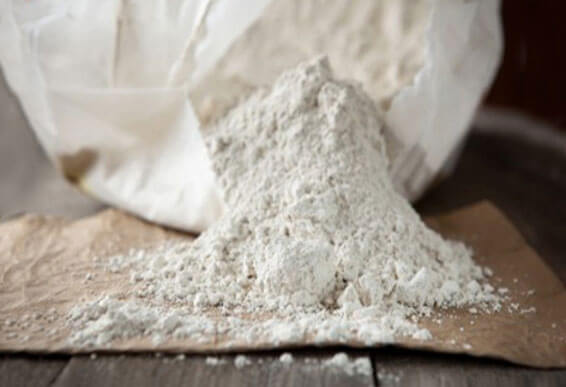
According to research from the American Hair Loss Association, by the age of thirty-five, two out of three men, experience thinning hair or baldness. By age fifty, those numbers jump by another 22%. One-quarter of all American men begin to suffer from baldness by the age of 21.
There is often a misconception that those who experience baldness have come to accept their condition. In reality, many of those who suffer from this condition have lower self-esteem and want to know how to fix it. Some studies have found that those who experience baldness will often change their careers because of self-esteem related issues.
Even though it can be exceptionally difficult to be a man who is balding, the emotional cost for women is far higher. 40% of the Americans who experience baldness and hair loss are women. While it is certainly more socially acceptable for men to be bald, it is often considered unattractive for women.
Baldness is inherited; a German study found that the genes that produce the hormone which inhibit hair growth are inherited from mothers. If you are curious about whether or not you will have hair as you grow older, look at your mother (for women) and maternal grandfather (for men) to know if you will have hair loss. This can be a solid indicator of the future of your do.
The average adult who is not suffering from baldness has between 100,000 and 150,000 hairs on their head and loses about 100 hairs per day. If you lose those hairs but they are not replaced at a similar rate, your hair is thinning and you might even be balding.
While balding and thinning hair can be caused by inherited genes, some balding is caused by other circumstances:
Not Enough Silica:

Silica is an essential building block for hair. Silica makes up part of your hair's basic structure. A lack of silica in the diet can damage the quality of your hair and even end your hair's growth. A deficiency is actually one of the most common manifestations of hair loss or thinning hair. Without enough silica, your hair will begin to thin in just a few weeks. Supplements for hair, skin, and nails often have silica as the main ingredient. These supplements are often overpriced, luckily, here at DiatomaceousEarth.com, we sell a silica supplement at a knock-down price. Click here to learn more.
Silica works with protein to build new hair and is necessary for anyone hoping to recover from baldness or thinning hair.
Not Enough Protein:

Protein, like silica, is an essential component of healthy hair growth. If your body is low on protein it can affect your overall hair growth. Many nutritionists attribute some of the thinning hair sources to a poor diet that doesn't have a diversity of vitamins and other nutrients. But for protein specifically, the American Academy of Dermatology found that hair would begin to thin after just a few months of low protein intake. This doesn't mean that all vegetarians are going to go bald, rather than a diet balanced with varied nutrition can have healthier hair.
Not Enough Iron:

Those who have lower iron content in their blood can also have thinner hair. Low Iron makes it harder for your body to get the nutrients your hair needs to your scalp. This leads us back to having a healthy diet helps maintain healthy hair.
Thyroid Issues:
If you are having problems with your thyroid gland you can also have thinning hair. Speak with a medical professional to learn more about thyroid issues and what you can do to treat them.
Pregnancy:

Increased hormone production and physical stress of pregnancy and birth come together to cause many women to experience postnatal hair loss. This is only temporary and hair growth normally rebounds after a few weeks.
Excess Vitamin A:

If you start eating too many carrots or too much sweet potato pie, you may have too much vitamin A in your system. Excess vitamin A can inhibit hair growth as well. Overconsumption of some fruits and vegetables can produce excess vitamin A. This is very rare but it can help cause hair to thin. There would, of course, be other symptoms alongside excess vitamin A (intense headaches, skin peeling, vomiting, and dehydration). Unless you are also experiencing these symptoms, you probably don't have hair loss because of too much vitamin A.
The Takeaways:
While there are lots of reasons that you might be experiencing hair loss, one fact remains: balding or having thin hair is extremely unpleasant. It engenders feelings of inadequacy, and studies have shown that it can lead to forms of depression and personal discomfort.

There are lots of products that claim to be a cure-all for a bald head or thinning hair, but if there is one thing that we can take away from what we have just talked about it's that what you put in your body matters for almost all conditions of hairlessness. Nutrition plays a huge part in the health of your hair. If you are interested in learning more about what kind of nutritional plans can help your hair become thicker and fuller, or how to grow hair, click here.



